
By Judy Gray,
Together with APDC, our partner organization in Burkina Faso, World Neighbours Canada recently completed a 15 month experimental project with funding from FIT (Fund for Innovation and Transformation), an initiative based in Manitoba that is funded, in turn, by Global Affairs Canada.
Over the 15 month term, 110 women from our project villages participated in family based sheep fattening enterprises, in which the women were the leaders of their business, but were supported by other household members. One of the most interesting and innovative aspects of the project, was the women’s participation in the purchase and sale of the sheep.
Although APDC had supported women in the past in sheep-fattening, prior to this project the women had never been involved in the purchase or sale of the animals. In fact, through focus group discussions that were held midway through the project, a number of both women and men mentioned that women who participated in such activities were viewed quite negatively. One person remarked that, “A woman who does this (attends the cattle market) should be banished from the family, she is a rebellious, wicked, witchy, independent woman. She is a woman who has no respect for her husband, who has social difficulties.” On the other hand, some rare men positively appreciate a woman who sells and buys animals on her own and describe her as ‘courageous and a fighter’.”
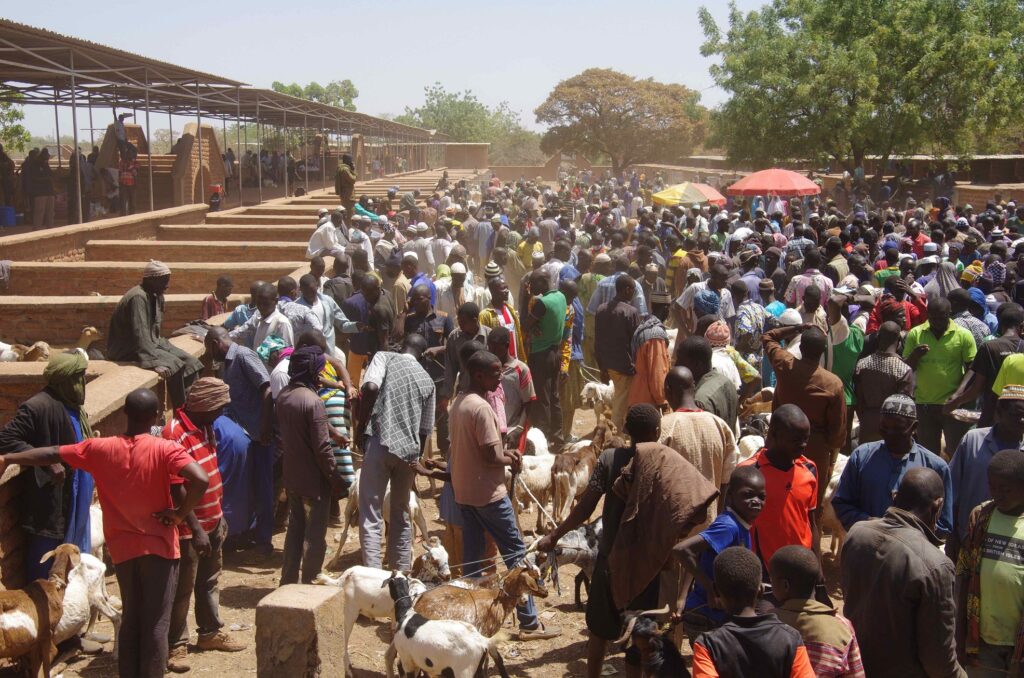
However, with the extensive training that the women received from the veterinarian, these women felt they had the knowledge and skills to participate in the purchase and sale of their animals. Here is a sample of the women’s comments:
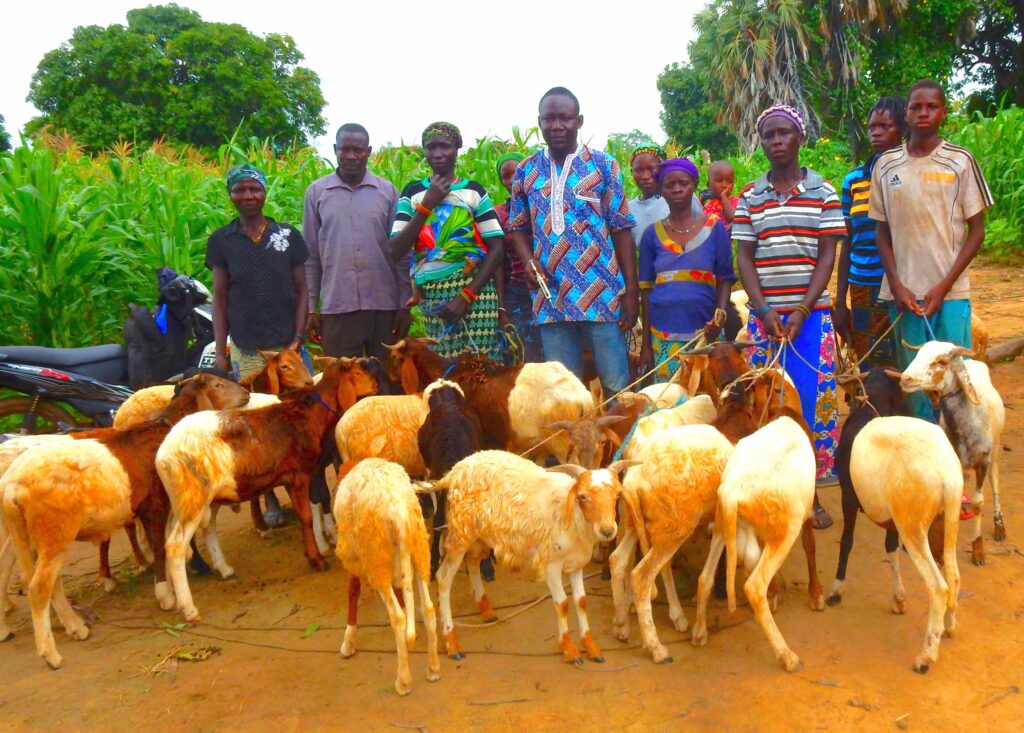
Kayaba: “I learned the process, I can’t pay alone but with my son I can. We were very, very tired, very, very tired. I know how expensive animals are, so I was very tired of walking around the market to find the right animals.”
Blandine – “It’s very very tiring, I even have headaches, it’s hard because the sun has hit us a lot, also the animals are very expensive. I chose my animals and negotiated the prices alone.”
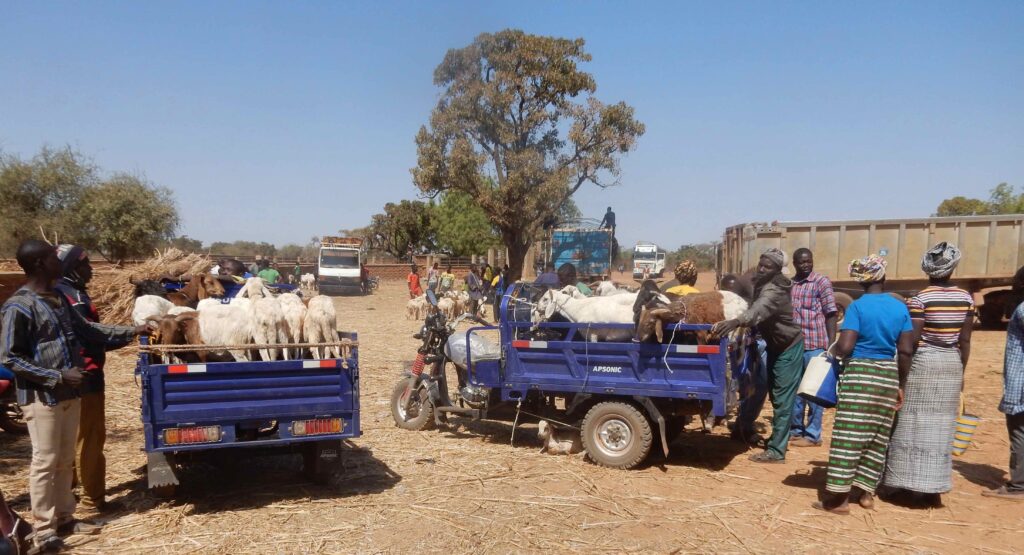
Choosing good healthy animals is something the women are now confident with, but negotiating with marketers for a fair price continues to be challenging: “When customers see the women, they raise the price of the animals… When they see the women selling, they lower the prices too much, thinking that the women know nothing about animal prices” (woman from Gnianmanga). The women of Tambiga confirm this by suggesting that they get help from a man because “The traders at the market are thieves, swindlers. They lower the prices of the animals sold by the women too much.”
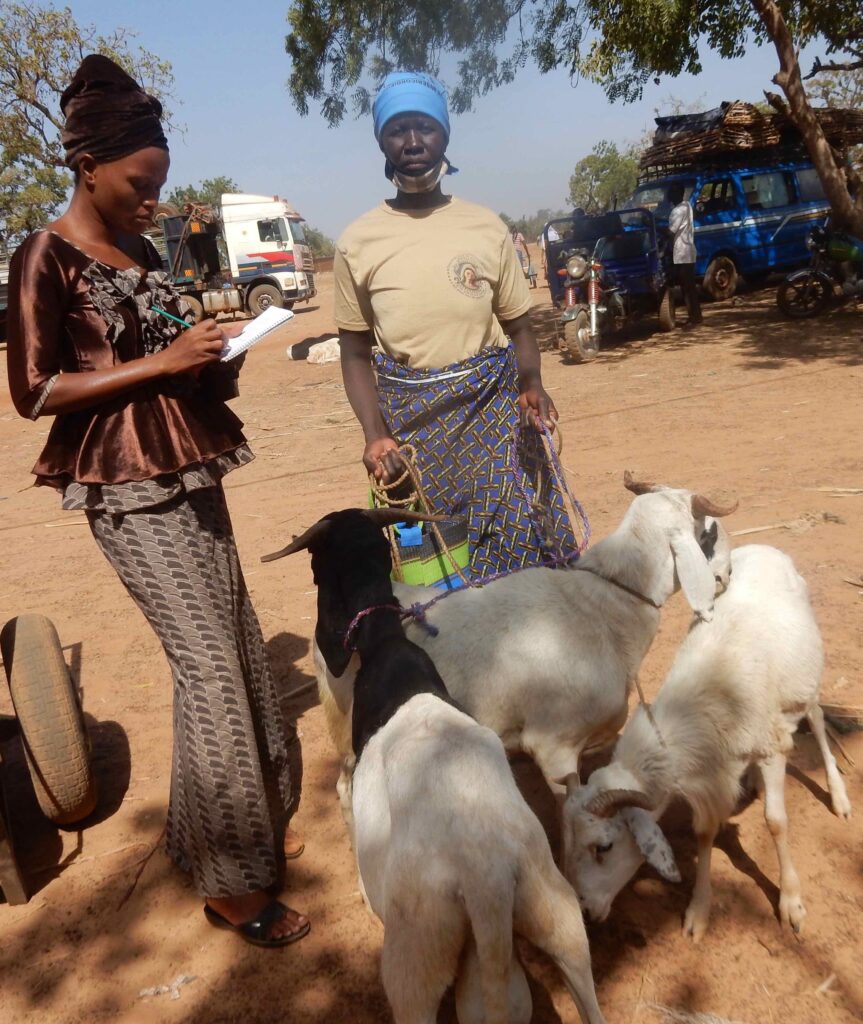
Despite these issues, men’s and women’s attitudes changed dramatically over the course of the project and by the end, the men were much more positive about their wives attending the cattle market, thanks in part to the gender sessions offered to the men, women and adolescents. “We appreciate all the women who are able to buy or sell their own animals because it is a proof that they are enlightened. This means that these women get along well with their husbands, these kinds of women are to be encouraged and congratulated because they will help their husbands a lot” (women from Tambiga village).
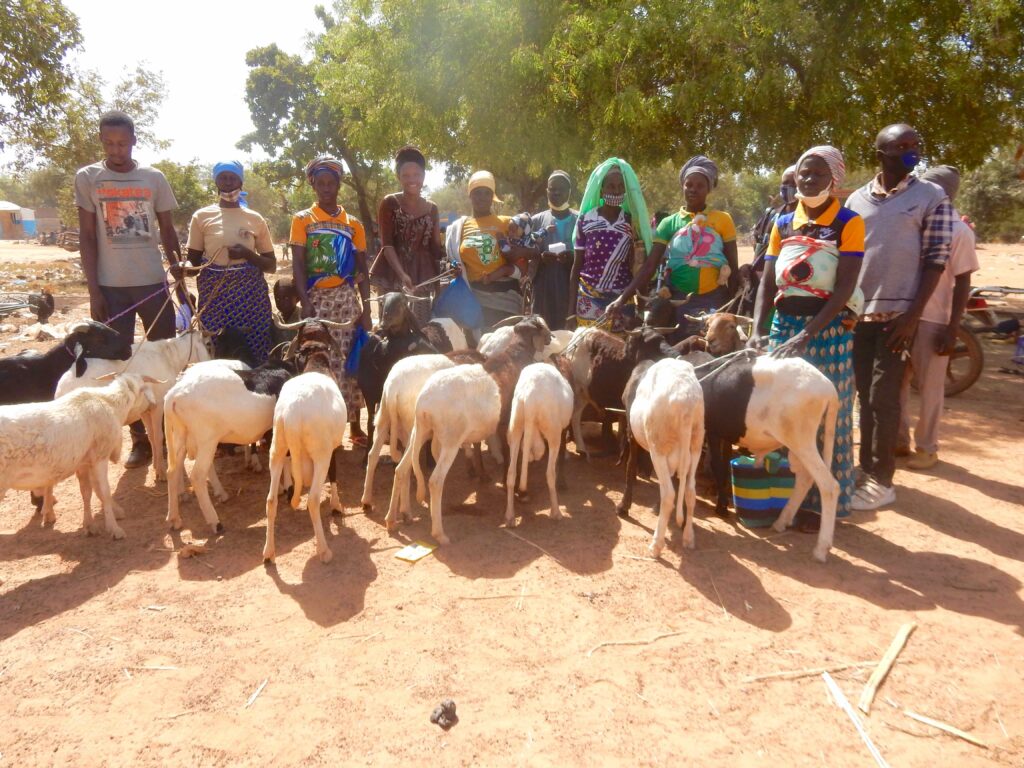
For the men, the support of APDC has been very beneficial. One man said, “Before, I could not consult my wife for decisions because she could not say anything good to me, but now we do everything together. The woman was like a slave in our families, but today everything has changed”. Another added that “I exchange with my wife before taking a decision. Today, we are aware that women have good ideas that can help in the family and even in the village.” According to the men, the situation has changed in favour of women partly because of their increased financial power. “If the woman has the financial means, her husband listens to her”.
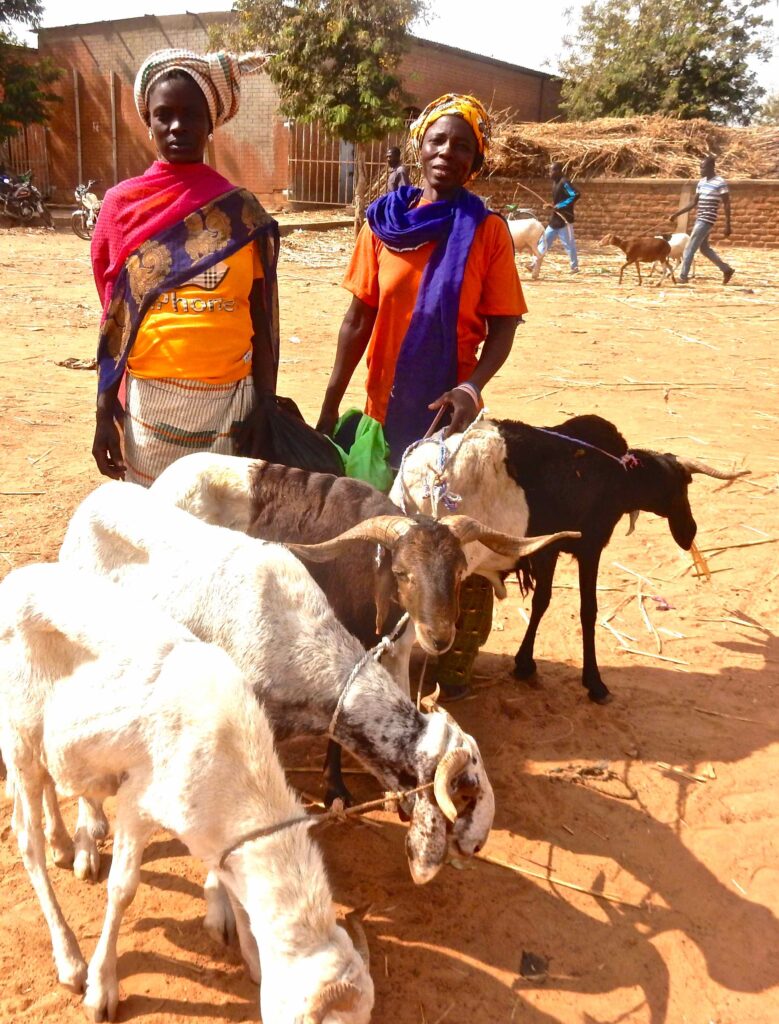
The women have suggested further information sessions about how to conduct negotiations to buy and sell sheep. It is challenging for them, especially in light of the male-dominated process and the low literacy and numeracy skills of most women. Despite all the challenges, all of the 110 women who participated in the initiative continue to operate their sheep-fattening businesses.
-0-

